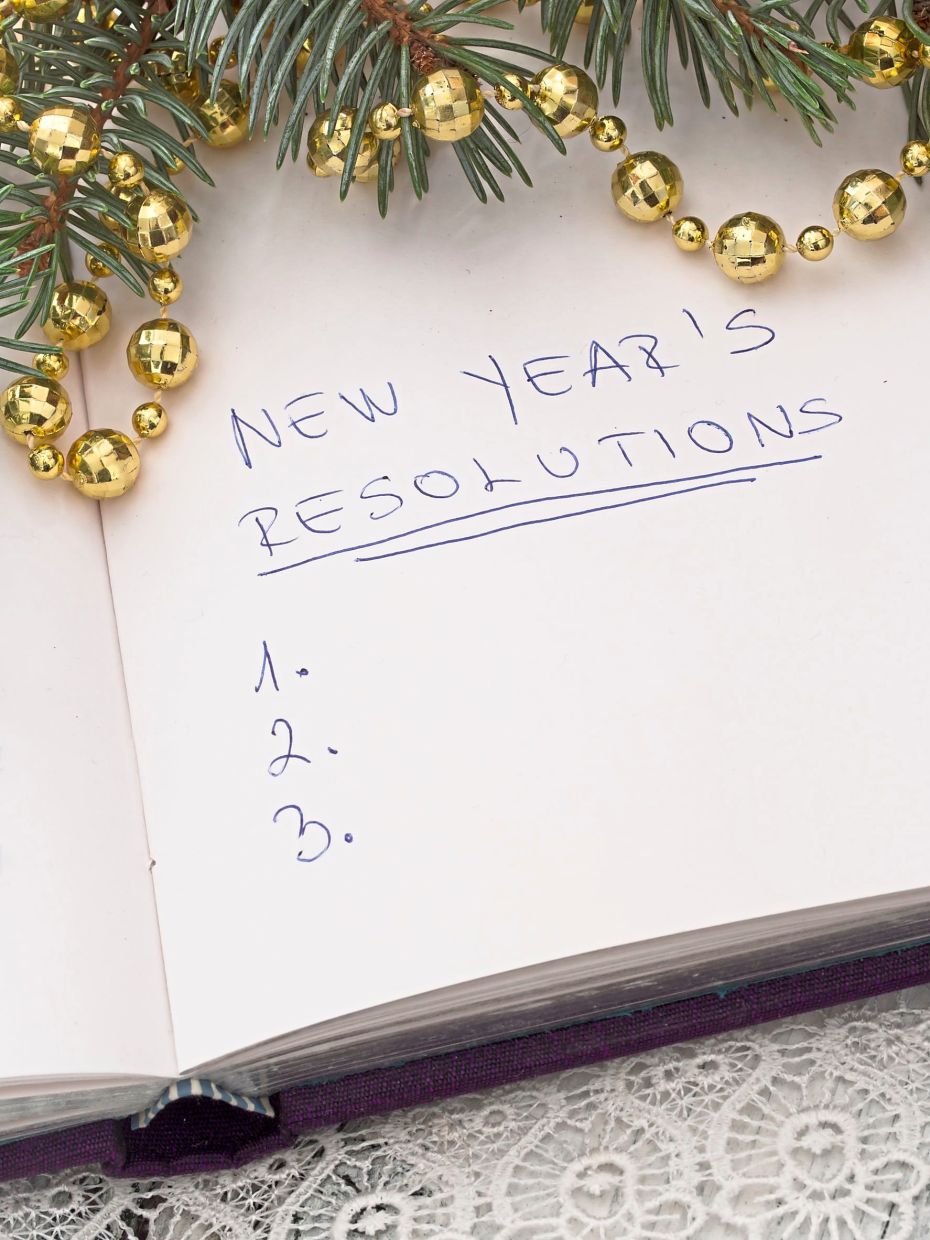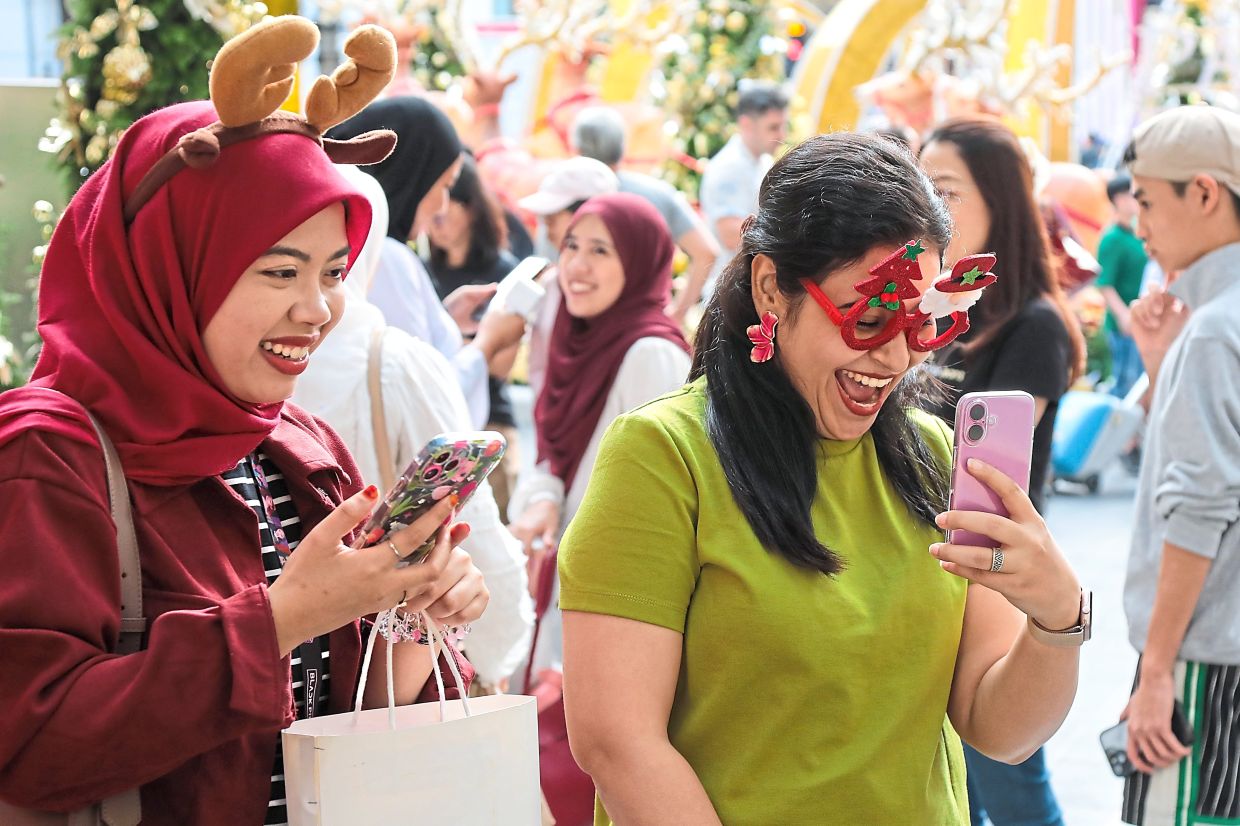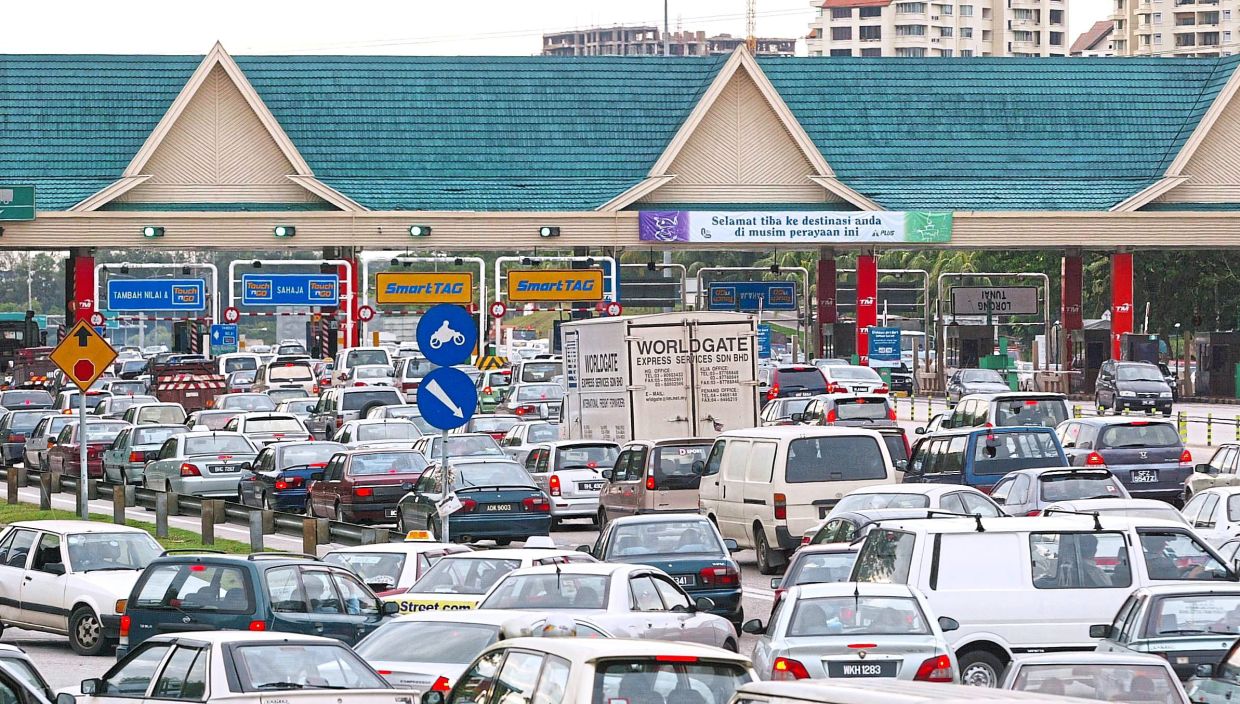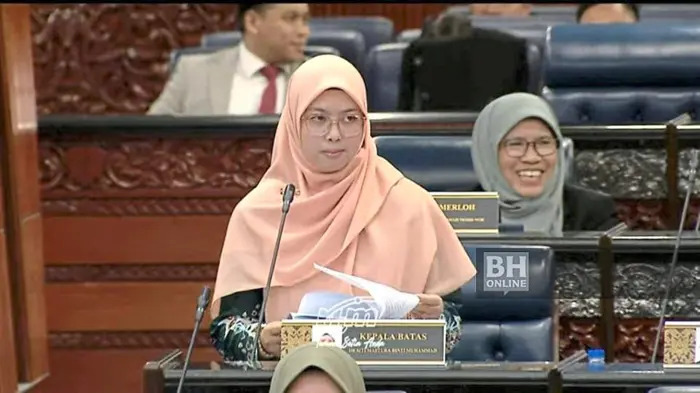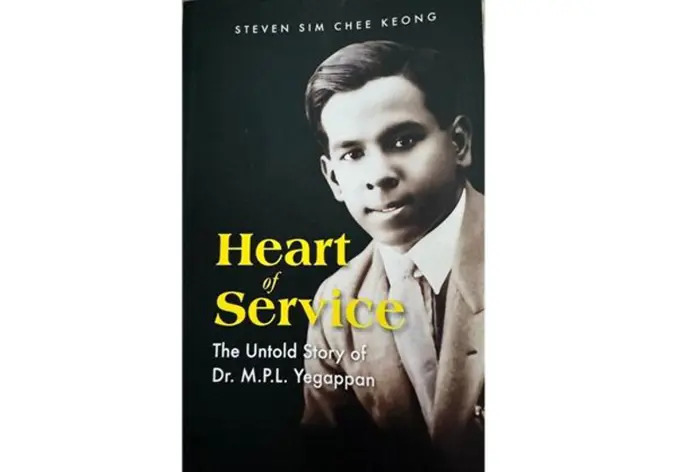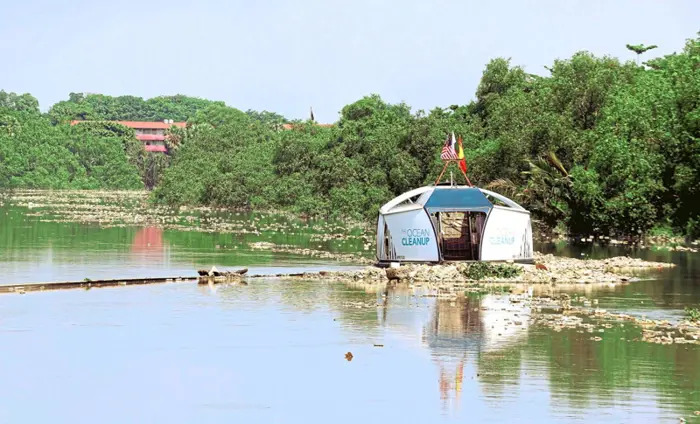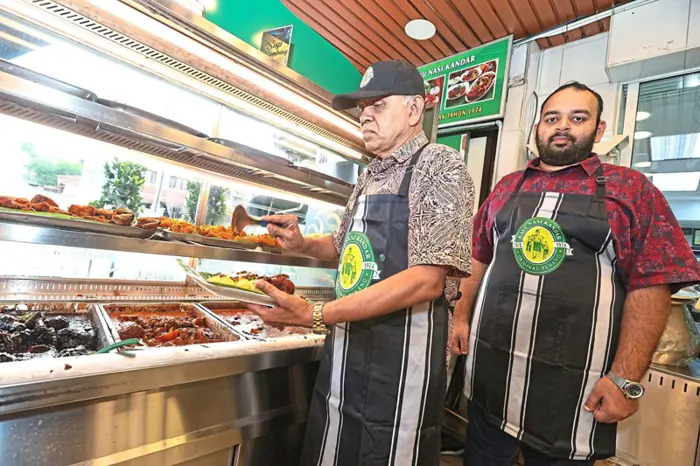WELCOME to 2025. It’s a brand new year and like many Malaysians, we readily look forward to a better year.
I am a fervid optimist but also a realistic person. I have also learnt to exercise more patience and tolerance as I get older.
As I prepare to turn 64 in the coming months, there is no longer any need to pull my hair out over minor irritations, especially when losing hair is already a major concern.
It’s good to be idealistic but many things will simply not change. Let’s face it.
It’s like our perennial reminder at the mamak shop for teh tarik to have less sugar. You can be sure it will still come sweet….
Also, it’s an exciting year ahead. We have two important items in our diary and the world will set its eyes on us.
Malaysia is now the chairman of Asean, and we will use the occasion to kick off Visit Malaysia Year 2026.
We are happy to welcome foreigners to our lovely country, even if some of us see red over the flying of a foreign flag.
China tourists need to understand local sensitivities but they are welcome to fly the red Arsenal or Liverpool flags, though! I’m not sure if China football fans still have any enthusiasm for Manchester United now.
Tourists also love our durians and other food, that’s for sure. But it may not be enough to drive arrival numbers up in a massive way.
One option may be to convince tourists to come over to enjoy our monsoon season on the East Coast. We may call one lawmaker who suggested that last year ignorant but floods would be something to think about.
Why not? We could make Thailand’s Songkhran water festival look like child’s play.
And for once, some puritanical political party lads won’t complain about visitors in drenched clothing, probably provocative to them in normal circumstances.
Surely they cannot impose a decree to say that tourists must always be in dry clothes at all times during the wet season?
Kedah, another tourist hinterland, has to wake up. Something must be happening in neighbouring Hatyai, Thailand.
Over the weekend, 500,000 people – mostly Malaysians – flocked to this southern Thai town. We can assume they are mainly northerners.
News reports said they were there for the “affordable, delicious and authentic halal Thai food”.
During Malaysia Day last year, millions reportedly spent RM100mil in five southern Thai provinces.
This is unacceptable, really. Patriotic Malaysians, especially from Kelantan, Kedah, Perlis, and Terengganu, should be spending RM100mil in their own beloved states.
It isn’t good when Hatyai is preferred over Langkawi Island, which has been getting bad press as a dull place.
But I am not buying these narratives which aim at making us look bad. How can halal food in southern Thailand be more halal than those in Kedah and Kelantan?
We would want to see Thais coming over to Kelantan, for example, for a change because it serves real, authentic, and affordable halal food.
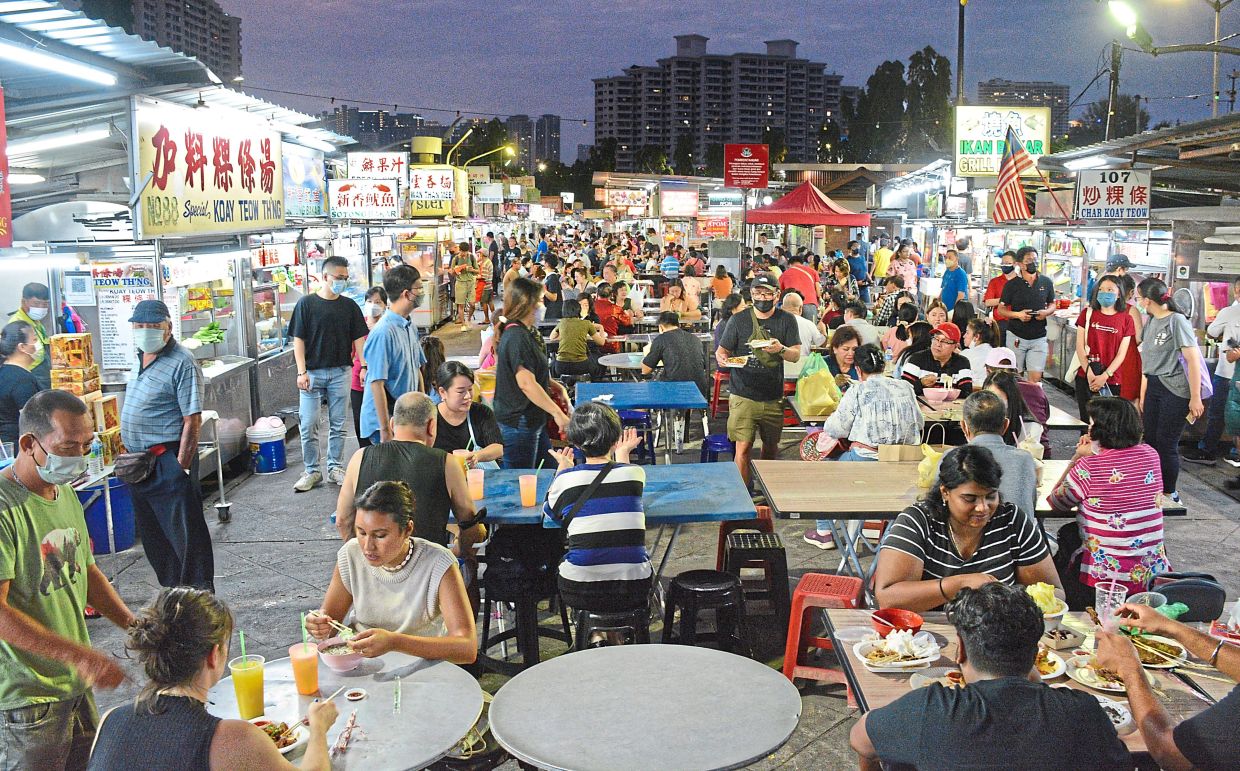
We have it too: Penang is the best place for real, authentic, affordable food – halal (below) or non-halal. There is no need to travel to Thailand for a delicious meal, says the writer. — The Star
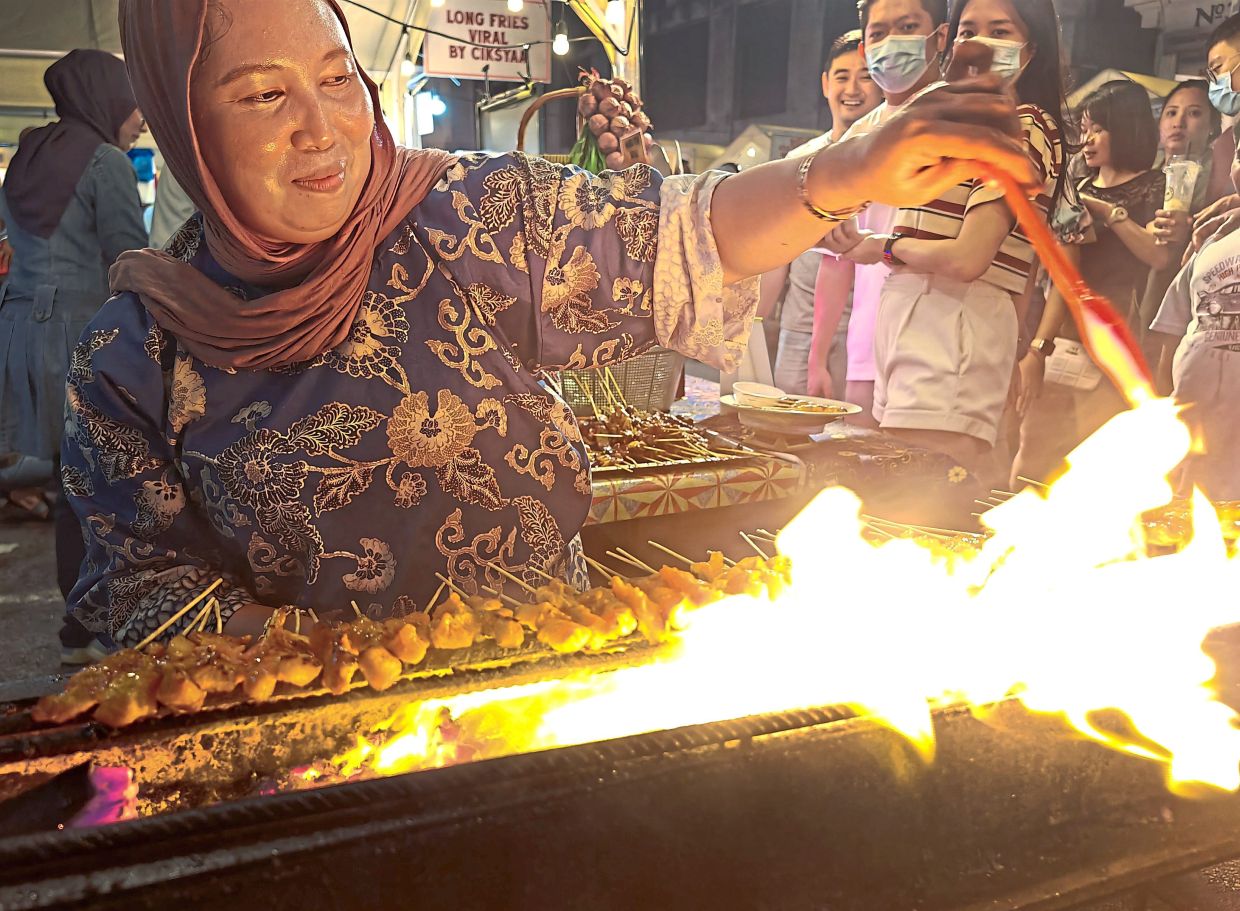
I have lost count of my many trips to Hatyai because I am from Penang, which is just a short trip across the border.
I took an “uncle” to watch a “tiger show” and after an hour, we were utterly disappointed.
Scam was not an oft-used word then but we didn’t see any tigers at all. I had a tough time pacifying the flabbergasted uncle, who was still complaining about being cheated, even after we returned to Penang.“Better we go to Zoo Negara the next time. Not going back again,” he said.
I also could not convince him that the chickens along the way into Hatyai were really good. I mean roast chickens, the type we eat!
Back to the monsoon season. Kelantan and Terengganu could be better options than Hatyai.
Tourists do not need to fork out a pile of money for beach chalets. They can just plunge into the flowing flood waters anywhere and anytime.
Let’s be fair. When Terengganu was under Barisan Nasional, the monsoon season was promoted too.
I am glad no Malaysians are going to Thailand for durians. It will be a poor reason, or more accurate, a poor excuse.
We should also promote Malaysia’s Dewan Rakyat as a tourism spot for comedy hour.
The year-end would be the best time as the meeting is the longest, beginning in October and continuing until December.
It could be our best tourism export and I am convinced Singaporeans will love it. Their Parliament pales in comparison.
Some of our politicians may not be known for their transparency and accountability but you can be sure they are competent in one thing – incompetency. And they will make a public display of it on the Dewan Rakyat Comedy Hour.
Singapore’s parliamentary debates are at sub-school standards level, seriously. There is just no drama or theatrics.
I saw on TV one nervous Opposition Member of Parlia-ment literally trembling away. Poor thing.
In Malaysia, we had an MP who made an outrageous claim that DAP leaders had blood links to Chin Peng and Lee Kuan Yew, and stays insistent that she is right.
To make things more comical, her party supporters sportingly raised over RM925,000 to pay her defamation losses to the plaintiffs.
That’s akin to PAS giving away this huge sum to the coffers of DAP, its greatest political nemesis.
The DAP, on compassionate grounds, could perhaps donate to Kelantan’s floods mitigation programme.
But then, politics in Malaysia is as unpredictable as the weather.
Almost all our parties have a history of shifting alliances, and the best part is you can rely on some theologians to justify to the faithful their politically opportunistic actions.
Obviously, Malaysia’s export assets aren’t just confined to boring products like palm oil and microchips, but also politics.
From Parliament to overly active social media, we have mastered the art of blending serious politics with side-splitting comedy.
There is something special, even mystical, about Malaysian politics. Bizarre may be a better word. Tourists will never get such hilarious scripts in sterile, clinical Singapore.
You can’t take Singaporeans seriously. The best they can do is reserve (it’s commonly called “chope” in Hokkien) a spot at a food court table with tissue papers. Yes, tissue papers.
Here, in Malaysia, we even get into a fight with the coffee shop owner and insist on occupying a table without ordering drinks. And get instant support on social media from netizens if the coffee shop owner gets mean.
Penang is the best place for real, authentic, affordable food – halal or non-halal. Tourists need not worry about tissues on empty tables at its restaurants.
If you see anyone leaving a packet of tissues on the table, just use it to wipe the greasy table.
Tourism, Arts and Culture Minister Datuk Seri Tiong King Sing needs to find new products for Visit Malaysia 2026.
He must think out of the box, to use an overused cliché. His opponents, meanwhile, are not thinking but they are waiting to box him in in Parliament. They are turning up the heat on him.
Here’s to 2025, with another year of Malaysian humour, wit, satire, and memes.
As I said at the start, many things will not change. Or, like the Thais love to say: “Same same.”
But we must learn to laugh at ourselves.


